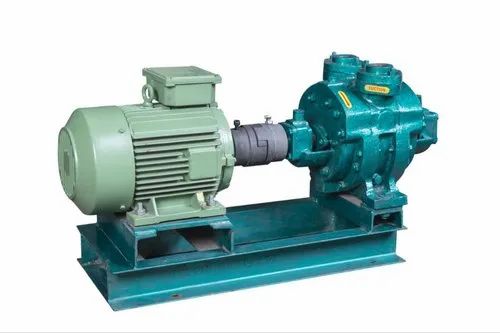Are vacuum pumps safe?

Are vacuum pumps safe?
Vacuum pumps can be safe when used with proper precautions and in accordance with manufacturer guidelines. However, they can also pose risks if not handled correctly, especially when dealing with hazardous materials or if safety measures are not followed.
Potential Hazards:
- Mechanical Hazards: Moving parts of vacuum pumps can cause injuries.
- Chemical Hazards: Contamination of pump oil with volatile substances or the release of hazardous chemicals into the lab environment.
- Fire Hazards: Overheating or malfunctioning pumps can ignite flammable materials.
- Electrical Hazards: Faulty wiring or switches can lead to electrocution.
- Implosion/Explosion: Weak points in containers under vacuum can cause implosions or explosions.
- Slipping Hazard: Leaking vacuum oil can create a slipping hazard.
- Side Effects from Vacuum Erection Devices (VEDs): VEDs can cause bruising, pain, or numbness.
Safety Measures:
- Follow Manufacturer Instructions: Adhere to the specific guidelines for your vacuum pump model.
- Use in Appropriate Environments: Operate pumps in designated areas and within temperature tolerances.
- Ventilation: Properly vent pumps when handling hazardous materials to prevent chemical contamination.
- Protective Measures: Use safety glasses, shields, and ensure proper grounding and guarding of moving parts.
- Regular Maintenance: Inspect and maintain pumps regularly, including oil changes and filter replacements.
- Proper Handling: Avoid placing hands near the suction inlet and ensure pumps are properly isolated from flammable materials.
- Consult Healthcare Professionals: If using VEDs, consult with a doctor to assess suitability and potential risks.
By taking these precautions, the risk of injury or accidents can be significantly reduced when using vacuum pumps.
Does a vacuum chamber have gravity?
